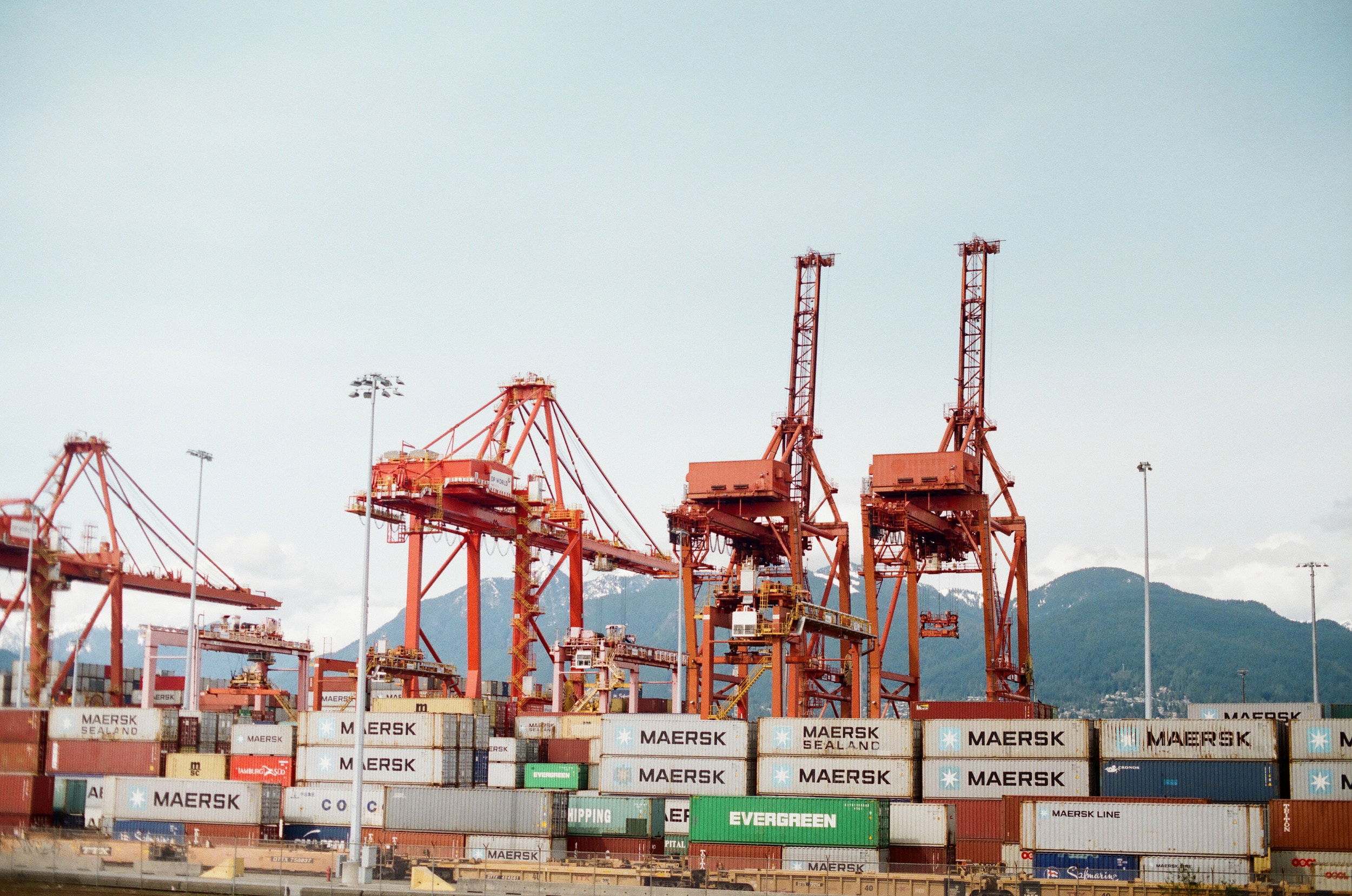Global Trade Wars: The Effects on International Economic Relations
In recent years, the world has witnessed a surge in trade tensions and disputes among major economies. These conflicts, often referred to as "trade wars," have had profound implications for international economic relations. This article delves into the phenomenon of global trade wars, explores their causes and consequences, and analyzes the strategies employed by nations involved. To ensure accuracy and reliability, we have drawn insights from reputable sources in economics, international relations, and trade policy.

Understanding Global Trade Wars
Trade wars are conflicts between countries characterized by the imposition of tariffs, trade barriers, or other trade restrictions on each other's goods and services. These disputes can arise from various factors, including:
Economic Interests: Countries may engage in trade wars to protect domestic industries or gain a competitive advantage in international markets.
Geopolitical Tensions: Political disputes and geopolitical rivalries can spill over into trade disputes, as nations use economic leverage to exert pressure.
Intellectual Property: Disagreements over intellectual property rights can lead to trade tensions, particularly in industries like technology and pharmaceuticals.
Trade Imbalances: Countries may resort to trade restrictions if they believe their trading partners have unfair trade practices or enjoy an advantage through currency manipulation.
Consequences of Global Trade Wars
1. Economic Impact
Trade wars can disrupt global supply chains, raise production costs, and result in higher prices for consumers. They can also slow down economic growth and reduce overall global trade volumes.
2. Market Uncertainty
Trade disputes create market uncertainty, making it difficult for businesses to plan and invest, which can hinder economic development.
3. Retaliation
Trade wars often escalate as affected countries retaliate with their own tariffs and trade restrictions, leading to a spiral of increased tensions.
4. Global Political Fallout
Trade wars can strain diplomatic relations, making it challenging to address other global issues, such as climate change and security concerns.
Strategies in Global Trade Wars
1. Tariffs
Countries may impose tariffs on imports to protect domestic industries. These tariffs can range from specific duties on certain products to broad-based tariffs on a wide range of goods.
2. Non-Tariff Barriers
Non-tariff barriers include measures like quotas, subsidies, and technical standards that restrict imports indirectly.
3. Currency Manipulation
Some nations manipulate their currencies to gain a trade advantage. In response, affected countries may label them as currency manipulators.
4. Negotiation
Diplomacy and negotiation can be used to resolve trade disputes. Bilateral or multilateral trade agreements are one way to address conflicts and establish trade rules.

Conclusion
Global trade wars have become a prominent feature of the international economic landscape. While they may be pursued to address legitimate concerns, such as unfair trade practices or intellectual property theft, they also carry significant economic and geopolitical risks. As nations grapple with the complexities of trade tensions, it is essential to seek constructive solutions through negotiation, diplomacy, and adherence to international trade agreements.
The effects of trade wars ripple far beyond economic relations, impacting political stability, global security, and the livelihoods of people around the world. Finding common ground and promoting international cooperation remain vital in preserving the stability and prosperity of the global economy.